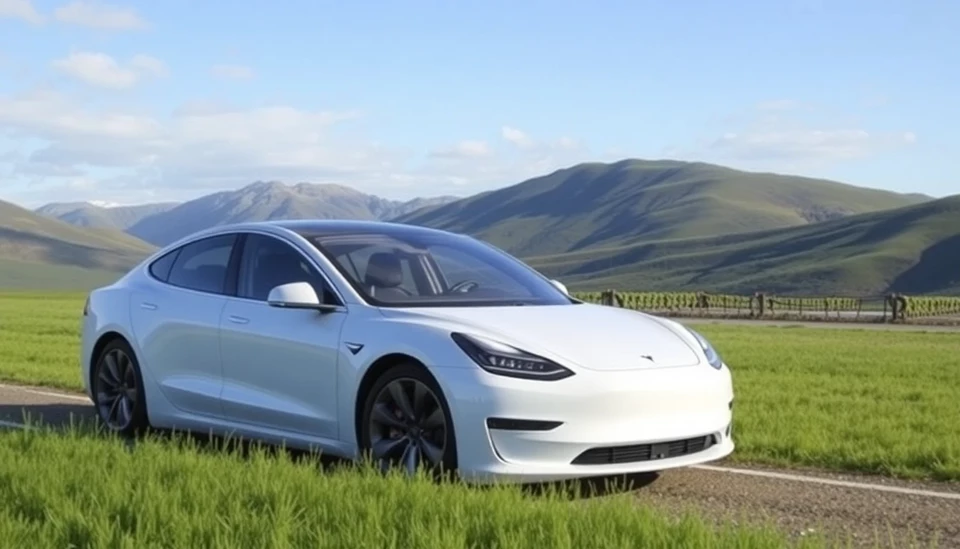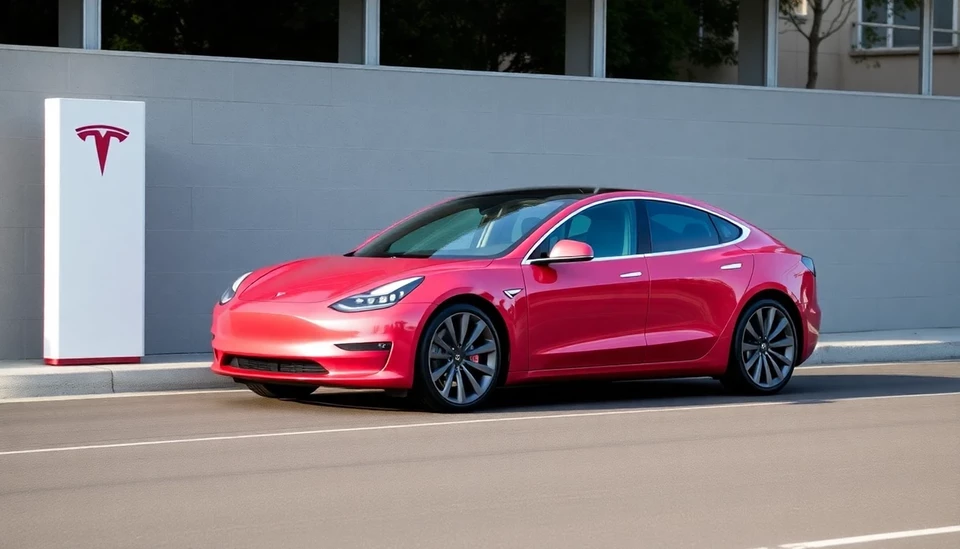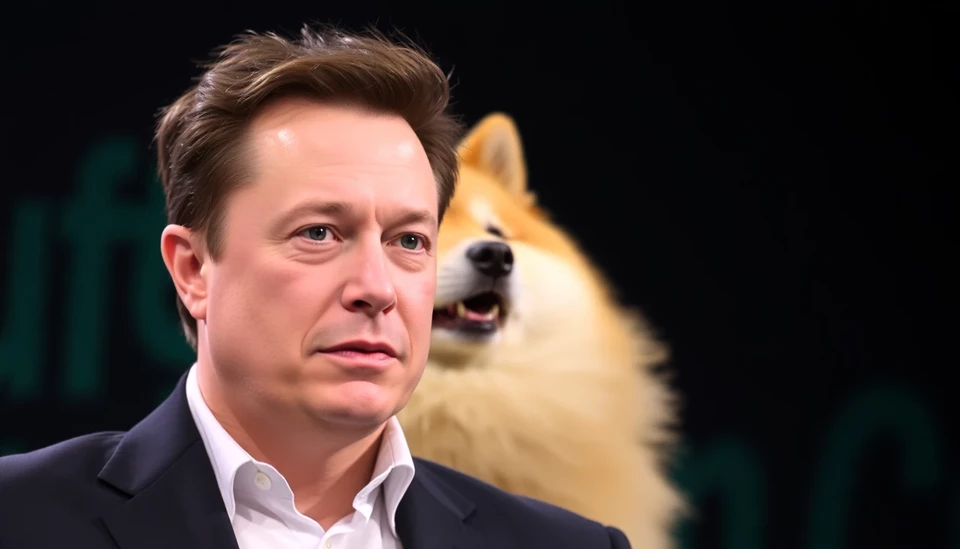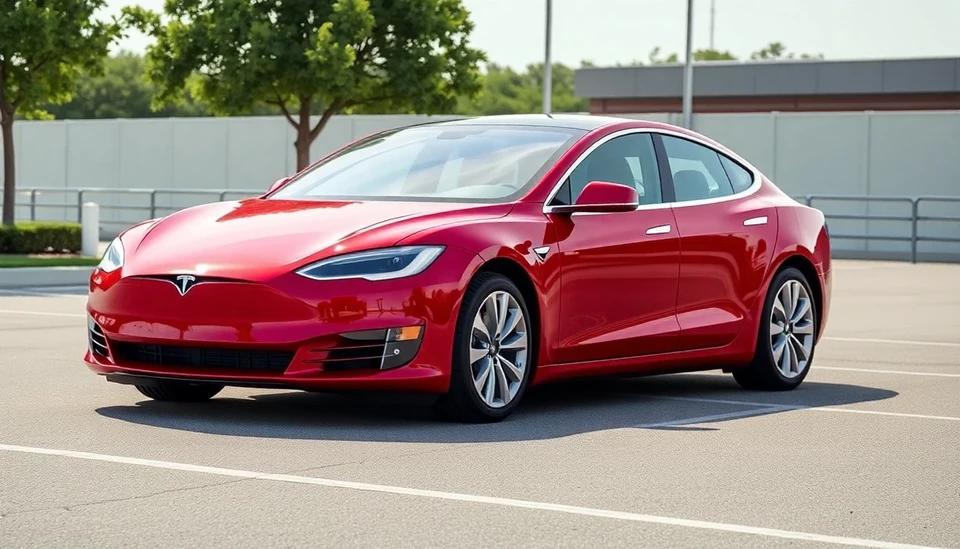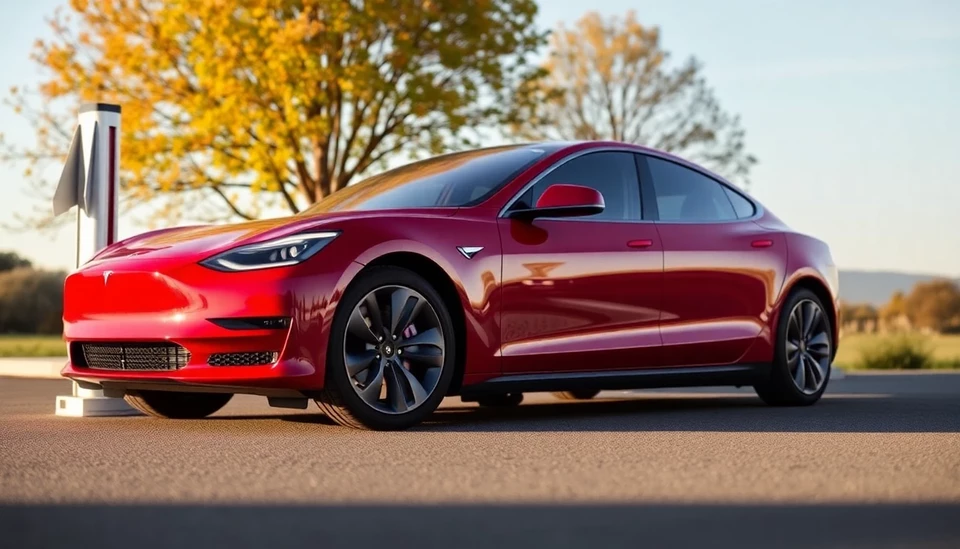
In a surprising turn of events, Tesla has reported a staggering 62% decline in its sales figures, sending shockwaves through the electric vehicle market and creating a significant opportunity for German car manufacturers. The downturn in Tesla's sales comes at a critical time when traditional automakers are intensifying their efforts to compete in the rapidly growing electric vehicle sector.
According to recent data, Tesla's sales have taken a downward spiral, which experts attribute to multiple factors including increasing competition, supply chain challenges, and changing consumer preferences. This dramatic drop not only impacts Tesla's bottom line but also reshapes the landscape for the automotive market overall.
German carmakers, many of whom have been investing heavily in electric vehicle technology, are now presented with a unique chance to fill the void left by Tesla's dwindling sales. Leading manufacturers such as Volkswagen, BMW, and Mercedes-Benz are poised to capitalize on Tesla's misfortune as they ramp up their electric offerings to attract customers looking for alternatives in the EV market.
Volkswagen, in particular, has been making significant strides with its ID series of electric vehicles, which aim to blend performance and sustainability with the German engineering excellence that consumers have come to expect. Analysts predict that VW, in conjunction with other German brands, could capture significant market share previously dominated by Tesla.
Furthermore, the fall in Tesla's sales is not just a simple matter of numbers; it reflects a broader shift in consumer attitudes toward electric vehicles. Many buyers are growing increasingly discerning, seeking not just electric capabilities but also reliability, features, and performance—all areas where established brands can assert their dominance.
As German automakers prepare to unveil new models and advance their technologies, the timing of Tesla's decline could not be more fortuitous. With the EV market expected to grow exponentially in the coming years, the potential for these companies to draw in new customers is substantial, making the landscape increasingly competitive.
In conclusion, Tesla’s drastic sales plunge has opened the door for German automakers to enhance their presence in the electric vehicle market. While Tesla's brand recognition and innovation have solidified its place in the industry, evolving consumer demands and the rise of formidable rivals may challenge its dominance moving forward. Only time will tell how the dynamic shifts in this sector will play out, but one thing seems certain: the competition for the electrified roads of the future is just beginning.
#Tesla #GermanAutomakers #ElectricVehicles #EVMarket #Volkswagen #BMW #MercedesBenz #AutoIndustry #CarSales #MarketCompetition
Author: Samuel Brooks
